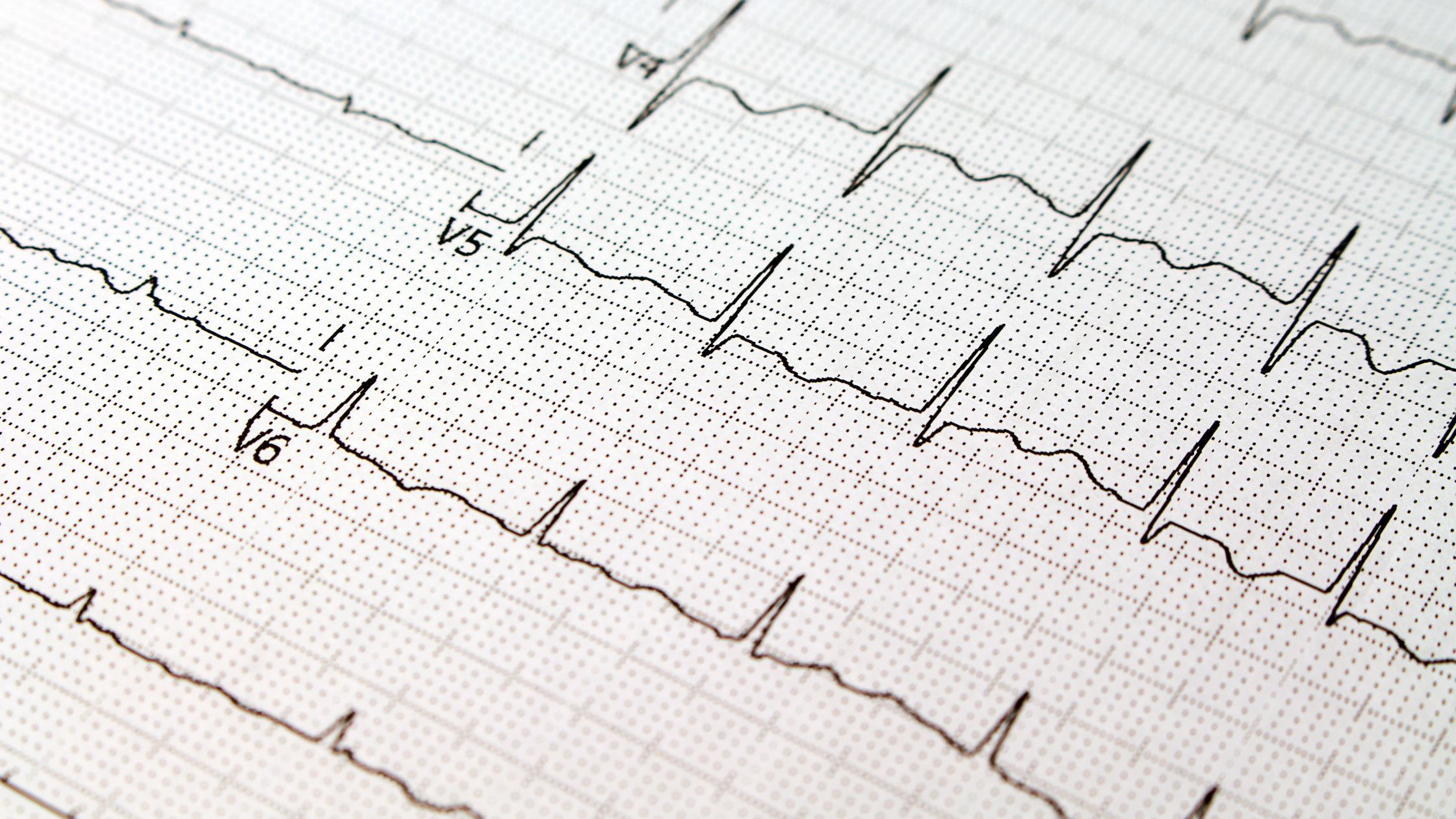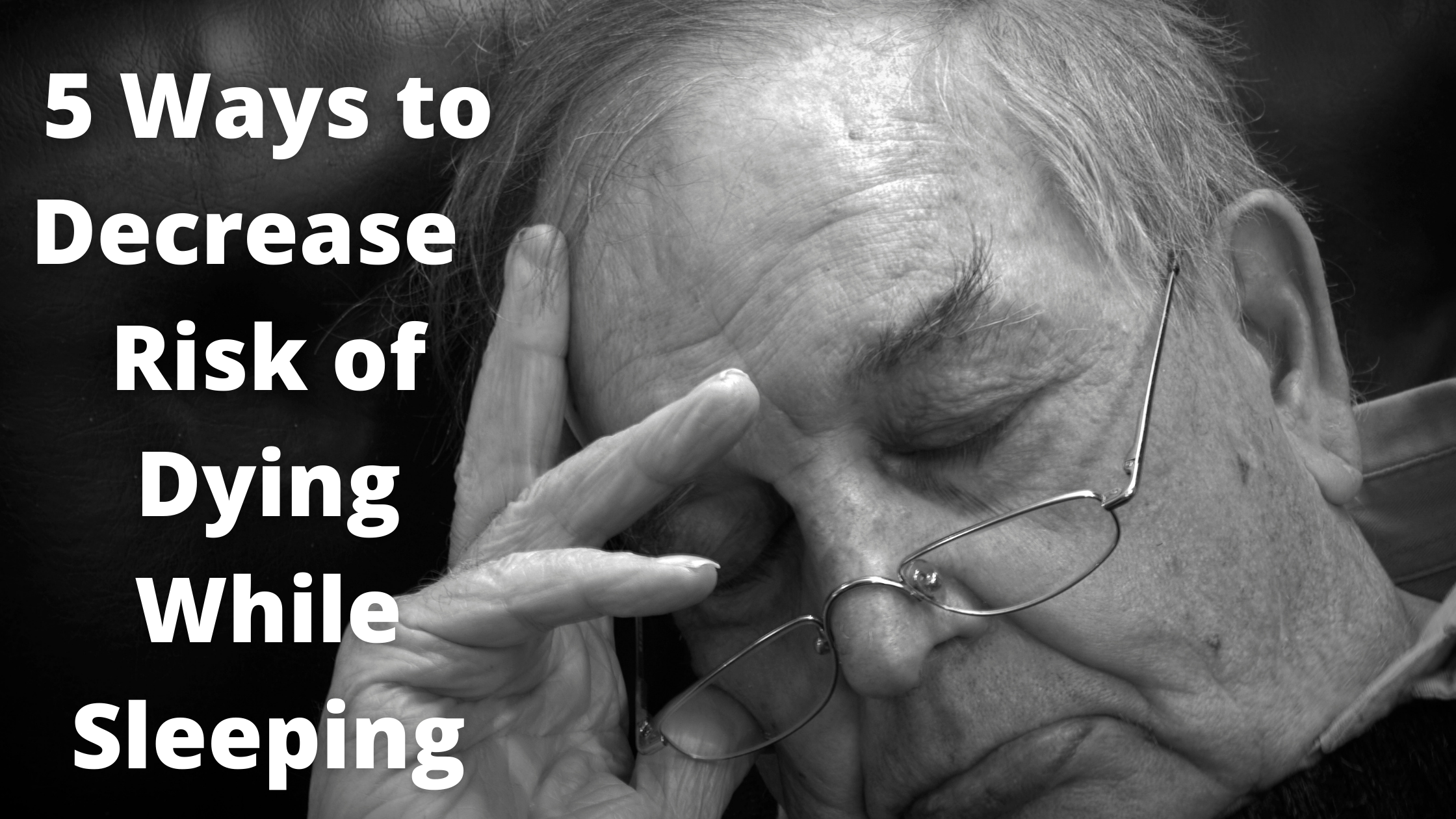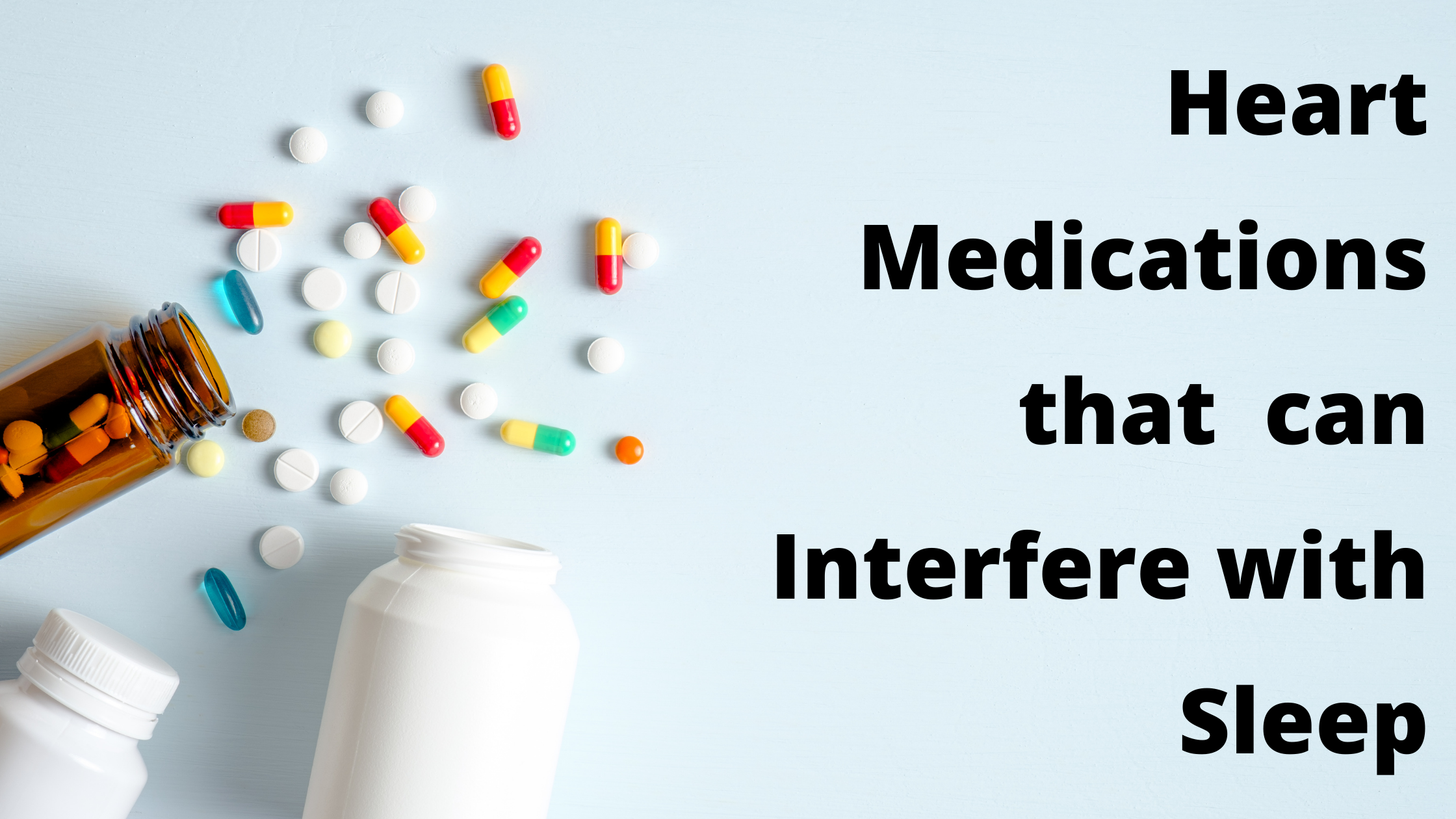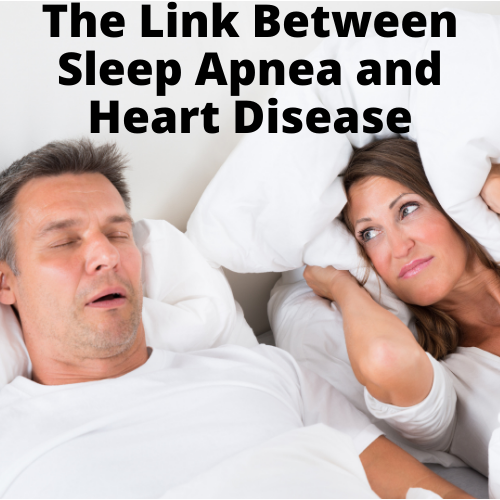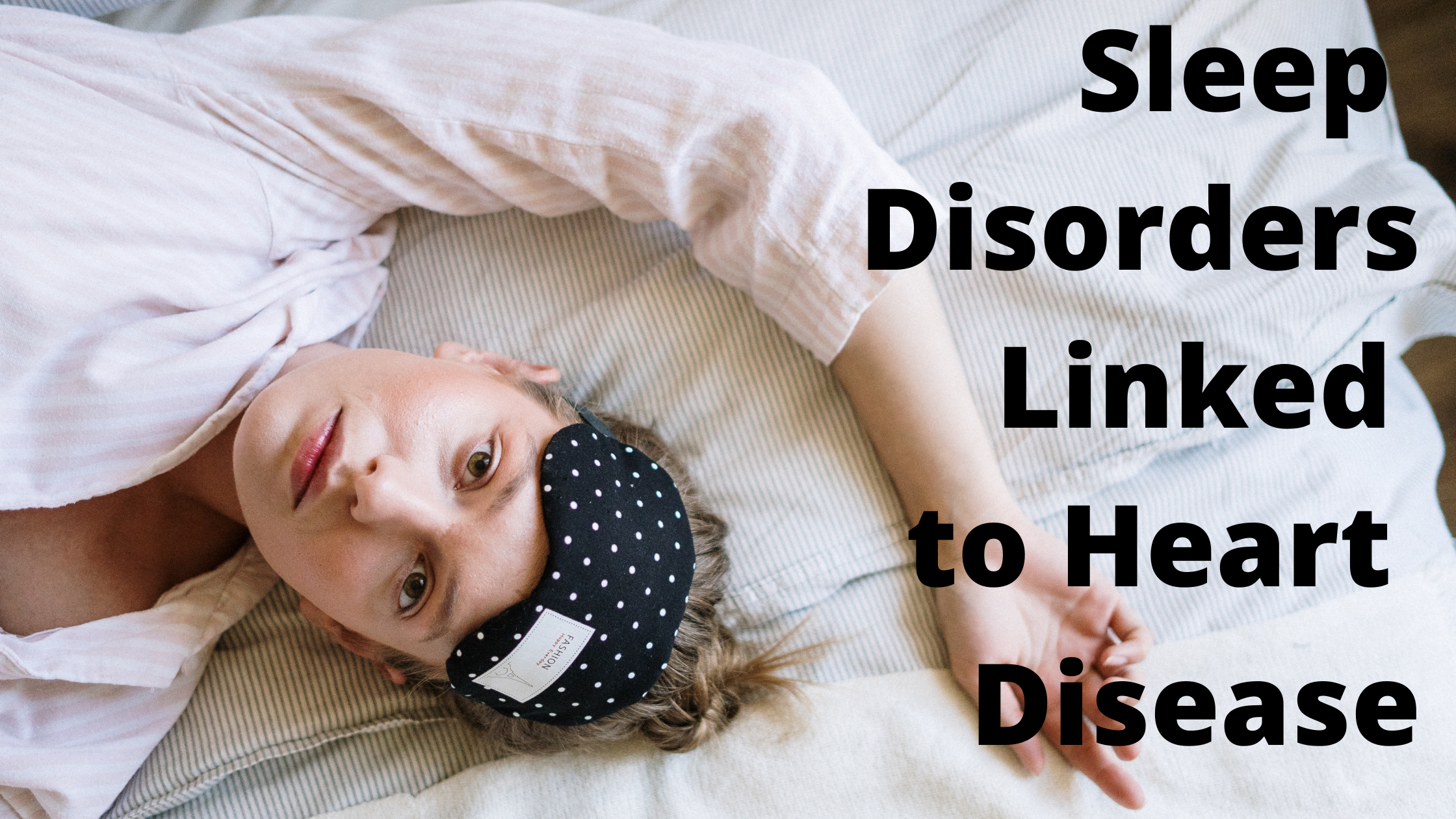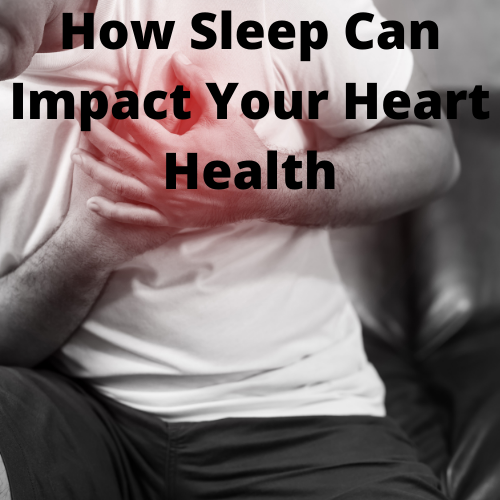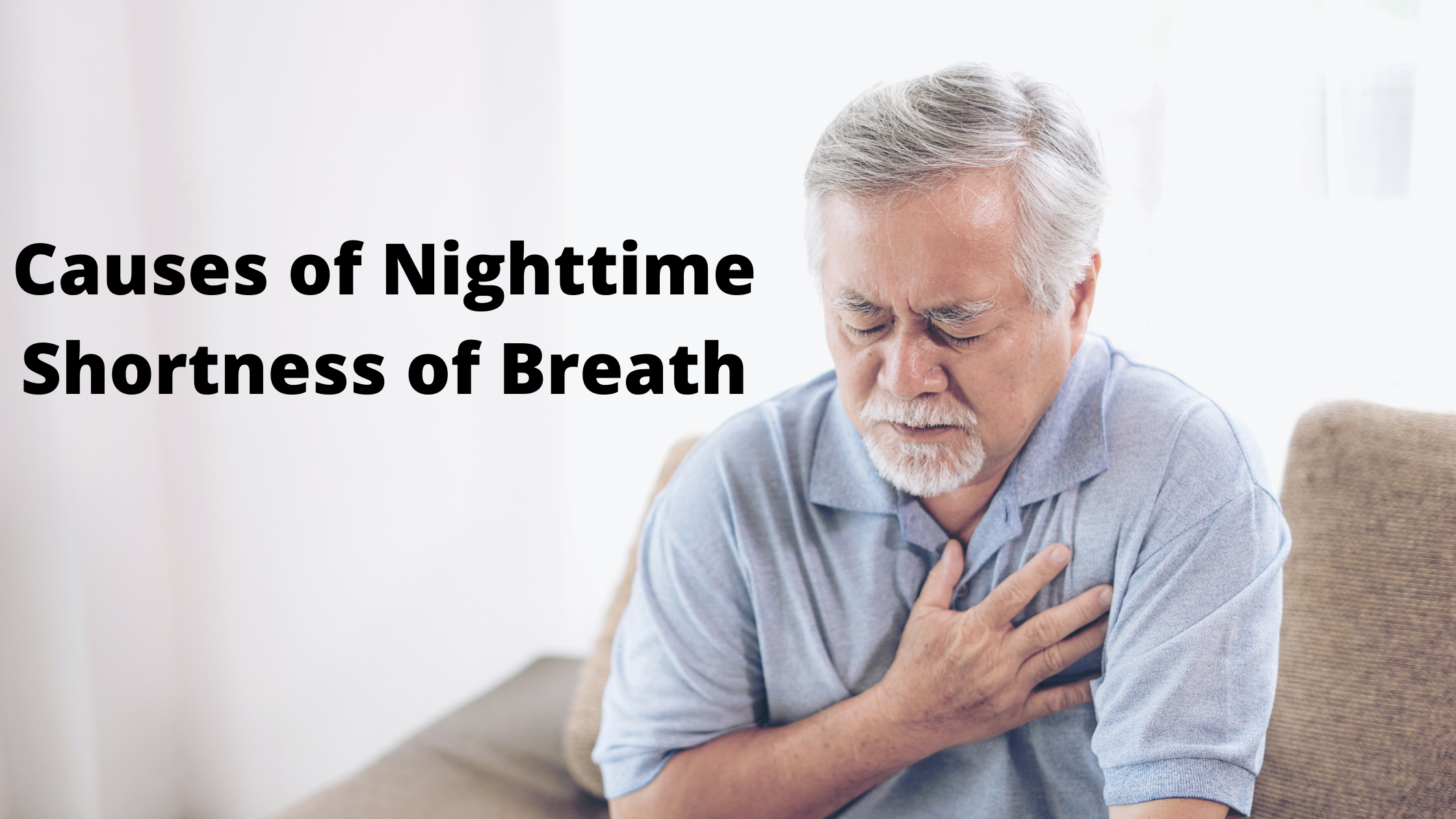Your heart rate can change throughout the day based on your level of activity, emotions, stress levels, etc. Stress and exercise increase your heart rate, while relaxing and sleeping can lower it. A normal heart rate while you're sleeping anywhere between 40-50 bpm. Now, if you're familiar with normal heart rates, you may think that's incredibly slow, or what's medically known as bradycardia. But your body is under less metabolic demand when you're sleeping, therefore, you're heart doesn't have to beat as fast. Continue reading to learn more about what is a normal heart rate for different ages, as well as signs that you could have an underlying condition.
High-profile celebrity deaths like Bob Saget and Ray Liotta may have you questioning your own safety as you close your eyes at night. Especially as we age, each breath becomes that much more precious as anything could happen at any time. Although there is very little control over when our bodies decide we have reached our end, there are some things we can do to ensure optimal health to give ourselves a little bit more reassurance when we lay our heads down to sleep. Continue reading for 5 ways to keep yourself healthy before getting some Zzz's.
Sleep is one of the most important things we can do to maintain our health. However, when treating other parts of the body, those medications and treatment plans can interfere with sleep. Here is a list of common heart medications and how they can interfere with sleep. If you take any of these medications and find yourself having trouble sleeping, they may be the culprit, requiring you to talk with your physician to see if there is another option.
Sleep apnea is a sleeping disorder that consists of many pauses in breathing throughout the night. This pause can lead to several sleep disturbances as your body has to wake up again to resume breathing. Sleep apnea is more than a sleep disturbance, however. It can have tremendous health effects on a variety of systems, including cardiovascular health. Continue reading to find out more about this relationship and what you can do.
Sleep disorders have one thing in common, they interrupt sleep. Therefore, it's important that if you have a sleep disorder, you find the problem before the accumulation of interrupted sleep leads to chronic sleep deprivation. Sleep deprivation is more than just being tired. It can negatively impact several organ systems, including your heart. Heart disease is the number one cause of death worldwide, so it's important to do everything possible to maintain its health - including getting enough sleep. Continue reading to find out how common sleeping disorders can lead to cardiovascular disease!
Sleep has tremendous effects on the body, including the heart. It's imperative to get the proper number of hours of sleep to provide the heart with extra protective factors against everything else that is a risk factor for developing cardiovascular disease (CVD). CVD is the number one killer in the United States, so if you can find ways to avoid it, that may be the thing to save your life! Continue reading to learn how sleep can impact your heart health and how to get the best sleep.
Experiencing shortness of breath, also known as dyspnea, is a cause for concern on its own. However, when it occurs at night, it may indicate a more serious underlying issue. Typically, during sleep, you shouldn't feel out of breath because your body is at rest. Therefore, if you find yourself breathless during the night, it could be a sign that something is amiss. Keep reading to discover the potential causes of nighttime shortness of breath.

